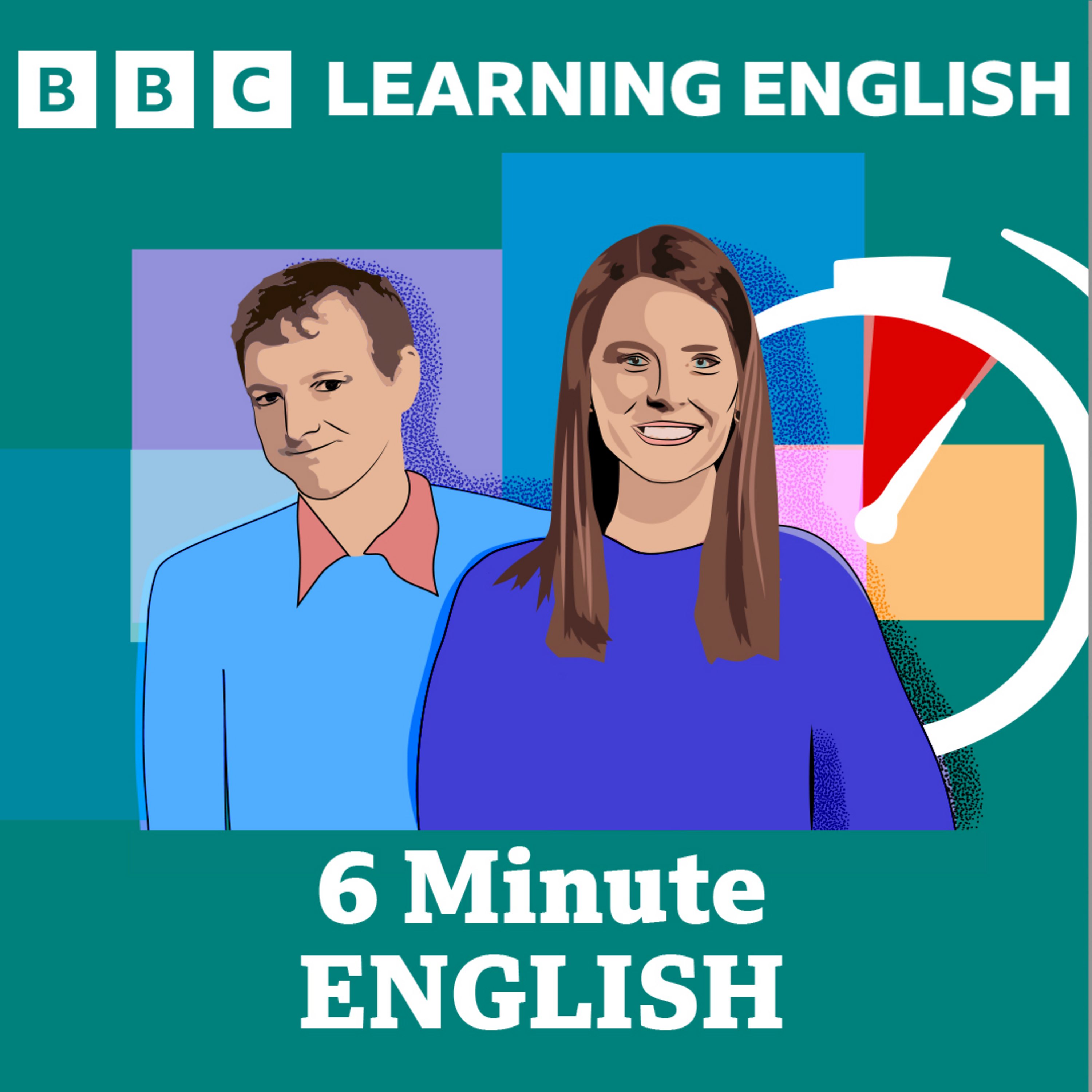
Deep Dive
What is the medical term for spots, zits, or pimples?
The medical term is acne.
At what age range does acne often occur?
Acne often occurs between the ages of 14 and 19, but can continue into adulthood.
What proportion of people aged 11 to 30 experience some amount of acne according to the UK's National Health Service?
95% of people aged 11 to 30 experience some amount of acne.
Why does acne tend to start during puberty?
Acne starts during puberty due to hormonal changes, particularly the release of testosterone, which causes changes in the body.
How does acne affect teenagers emotionally?
Acne can be emotionally damaging for teenagers, affecting their self-image, confidence, and interactions with peers.
What did Dr. Sharon Critchlow use to manage her acne when she was younger?
Dr. Critchlow used over-the-counter medicines to manage her acne as a teenager.
What does the idiom 'the bane of my life' mean?
The idiom 'the bane of my life' refers to a source of persistent unhappiness or misfortune.
What is the psychological impact of mild to moderate acne?
Mild to moderate acne can have a significant psychological impact, affecting friendships, peer groups, and self-esteem, especially in emotionally vulnerable teenagers.
How does Dr. Sharon Critchlow relate to her patients with acne?
Dr. Critchlow relates to her patients by sharing her own experiences with acne, having tried many treatments herself, which helps her empathize and provide effective advice.
What is the role of hormones in causing acne?
Hormones, particularly testosterone during puberty, cause the build-up of oil and bacteria in the pores of the skin, leading to acne.
Shownotes Transcript
Acne affects people of all ages, but especially teenagers. Neil and Beth listen to a skin doctor talking about the condition and teach you some useful vocabulary.
TRANSCRIPT Find a full transcript and worksheet for this episode to help you with your English at: https://www.bbc.co.uk/learningenglish/english/features/6-minute-english_2024/ep-241107
SUBSCRIBE TO OUR NEWSLETTER: ✔️ https://www.bbc.co.uk/learningenglish/newsletters
FIND BBC LEARNING ENGLISH HERE: Visit our website ✔️ https://www.bbc.co.uk/learningenglish Follow us ✔️ https://www.bbc.co.uk/learningenglish/followus
LIKE PODCASTS? Try some of our other popular podcasts including: ✔️ Learning English for Work ✔️ Learning English from the News ✔️ Learning English Stories
They're all available by searching in your podcast app.